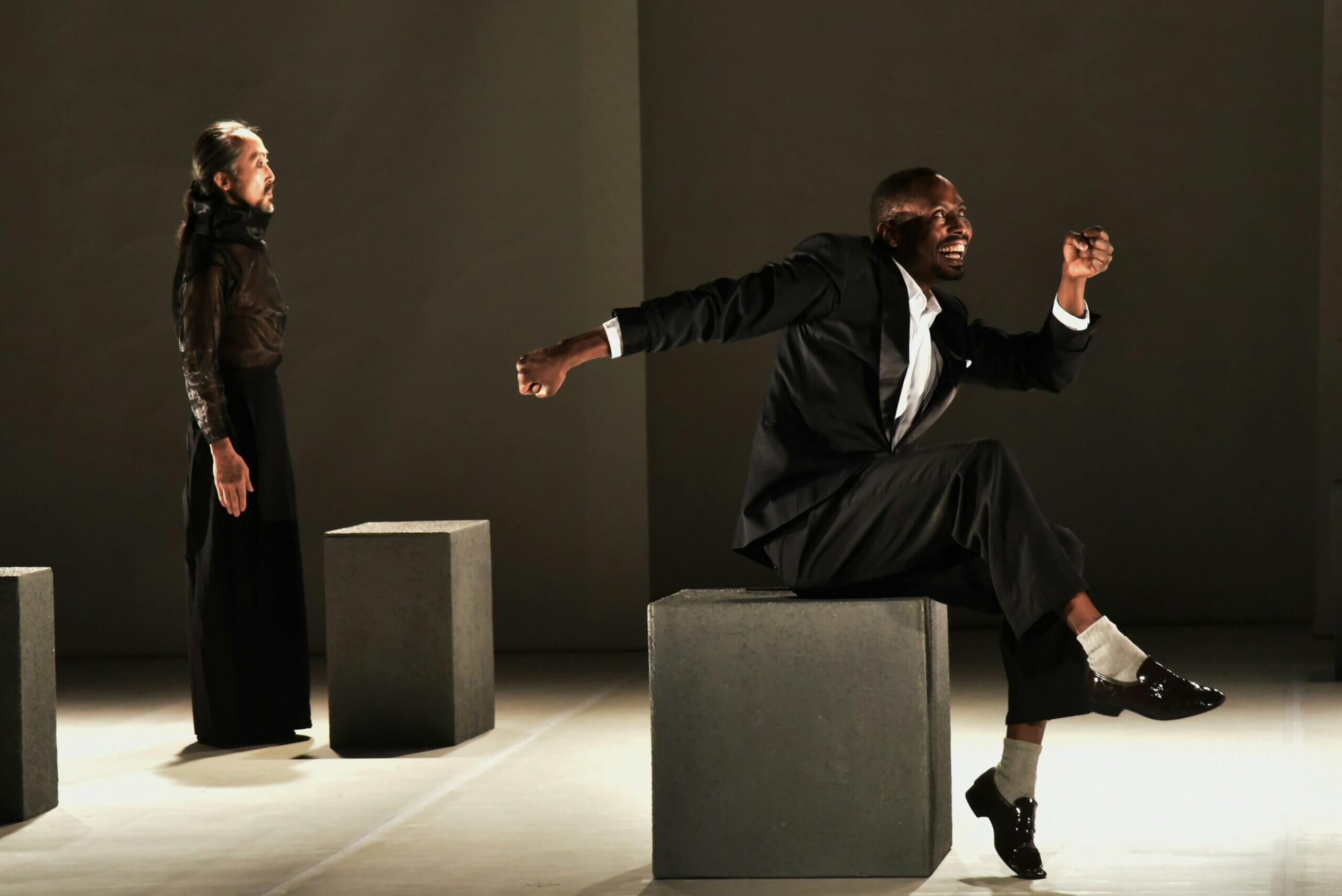Kodi Smit-McPhee Shares Memorable Auditions, Career Goals and a Peek at His New Sci-Fi Role
Australian Kodi Smit-McPhee has been acting since he was a little boy, starring opposite many industry heavyweights, including Eric Bana in Romulus My Father and Viggo Mortensen in The Road. Having worked as a youngster with director Matt Reeves on the horror film Let Me In, Smit-McPhee reteamed with the filmmaker as a teenager on Dawn of the Planet of the Apes. Meanwhile, fans of the Marvel Universe know him as Nightcrawler from The X-Men films.
Now Smit-McPhee takes his most adult role to date in the Australian sci-fi feature 2067. The 22-year old plays a young married man on a ravaged planet Earth in the year 2067, who must time-travel to the future to find a cure that will save humanity. The actor spoke to Casting Networks about his new film and looked back at some of his more memorable auditions, and where he hopes to go with his career in the future.
Not only is 2067 your most adult role to date, but arguably your most prominent role since you carry the entire film on your shoulders.
In terms of the material and the demand of dialogue, and screen presence, I would say it’s one of the biggest things I’ve done. It seemed like a challenge when I first read the script, especially the sci-fi language. At first it felt like gibberish to me, but in the end, I feel like I killed it!
Is this a role you auditioned for?
It was an offer after I had a meeting on Skype with director Seth Larney. He knew enough about me, in terms of my body of work, and who I was as a person off-screen. We talked about the script, my beliefs about it, the things that I would need to move ahead. I felt it was a match made in heaven.
As someone who had a successful career as a child actor, did you notice a transition period when you began entering your teenage years?
I noticed a transition from child actor to teen in the material that was coming in because the themes of the scripts were changing. It happened more off-screen for me.
Your dad is an actor in his own right, but he was your guardian, acting coach, and more when you were a working minor. How did that relationship evolve once you graduated to older roles?
That was a smooth transition. I think the last job we did together was in Africa on a film called Young Ones when I was 16 or 17 years old. We worked very closely together until around that time, and I knew I’d eventually have to go forward without him and carry on what he taught me. I feel that basically, I’ve done that. My father is still present today in terms of helping me, and he’s always just a phone call away if I need him. In fact, I had an audition come in yesterday, and I hit him up. I read through it with him. He always helps me find that little spark I would never have thought of. I’m really grateful for that.
In-person or self-tape auditions: What is your preference?
There is something about being on the spot in front of people, where you only have a few minutes to do your best performance, which is so nerve-wracking to me. I understand they want to see you on your feet, what you’re capable of in terms of the stress you can hold, or what you can accomplish. I don’t necessarily like doing that. I think physically going to an audition, and getting stressed out about finding parking right before, can be hard. I feel like I’ve lost a lot of jobs that way. Personally, I love meeting directors on Skype. I love shooting my own auditions and sending them in. The advances in technology have definitely facilitated my best work.
Do you have any memorable auditions?
I do! When my dad was still intricately in the picture and we were in Australia, I did a self-tape for The Road, and my father played Viggo Mortensen’s role. We had to do the scene where the father is teaching the boy to commit suicide. That alone was already extremely heavy. To see a father and son playing that so organically, I’m sure was very special to see, and it was very special for me to remember.
Then I got a call back for that, which was a physical audition in the U.S. My father and I went off to the States, and we were finishing reading the [Cormac McCarthy] book [on which the film is based]. We cried because the book is so deep and is all about a father/son relationship. Then I did the audition with Viggo Mortensen, and I absolutely killed it because I had been working so closely with my dad on it. So that will always be a memorable one for me. But I also have a memorable one from the other side when it was not so great.
On no! Do tell!
This is when I was lazier and my dad wasn’t so much in the picture. I’d done a self-tape for a movie called Death Note, which was going to be a live-action film based on an anime. I got a callback for that, and because I was in Canada at the time, I flew to L.A. for the physical audition. I assumed I was reading for the same character when, in actuality, I was supposed to prepare a scene for a different character. When I got there and realized that, I was like, ‘Holy crap, I don’t have the sides!’ They had to print them out, and I had to do a cold read. It was paragraphs long, so during the whole audition, I had my face down in the script. I did a terrible job. And I didn’t get the part.
Having grown up on movie sets, do you have any ambitions to work behind the scenes?
When I was young, I was always directing my own pieces. The way I approach acting is from the seat of the director in many ways. That’s something that comes naturally to me. When I’m acting, I can perceive what I’m doing from the point of view of the audience, and from a mental perspective of what the director is looking to get from me. So as much as I am completely in the moment as the character, simultaneously, I’m viewing it from the director’s motive and the point of view of the camera. It’s something I’ve learned, having been on sets since I was eight years old, watching the filmmaking process from a director’s perspective. I do want to find myself in the director’s chair for sure — pulling strings instead of being a puppet on screen. I can’t wait to do that, and I know it will be a deep message that I’ll want to convey to the world.
You’ve worked on indie films and some big franchises like Marvel’s The X-Men. How do you balance doing commercial movies and smaller, more character-driven ones? Do you have a preference?
I wasn’t someone that was into comic books before I got the role of Nightcrawler. But because of my acting process, I created a whole life for my character and had a whole world that I could jump into and download in terms of his past, motives, and intentions in the Marvel Cinematic Universe. Franchises are essential (for actors) from an entrepreneurial and branding stance. At the same time, it does feel like you’ve made it when you get to put a franchise on your door. You’re playing a superhero and you’re surrounded by A-list actors. It’s truly the place to be when they say the grass is greener. But ultimately, I will always continue to do independent films because that’s where the heart is, that’s where the true commitment is. I’ll always do both.
The sci-fi film 2067, from RLJE Films, is currently in theatres, on Demand and Digital.




